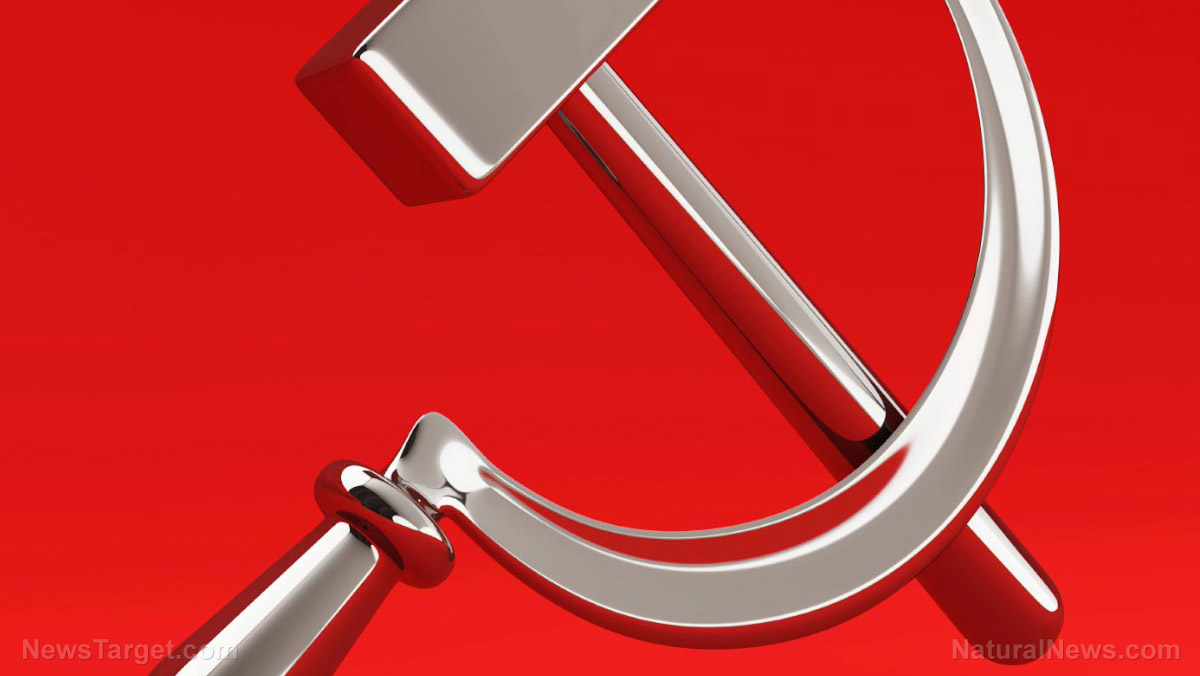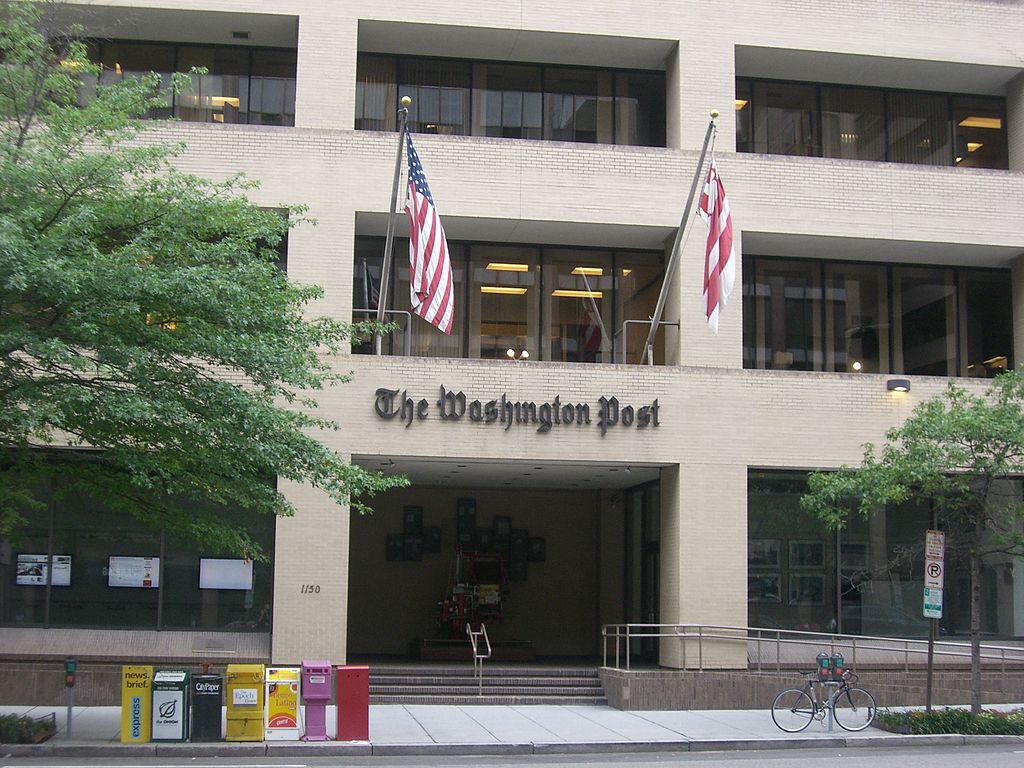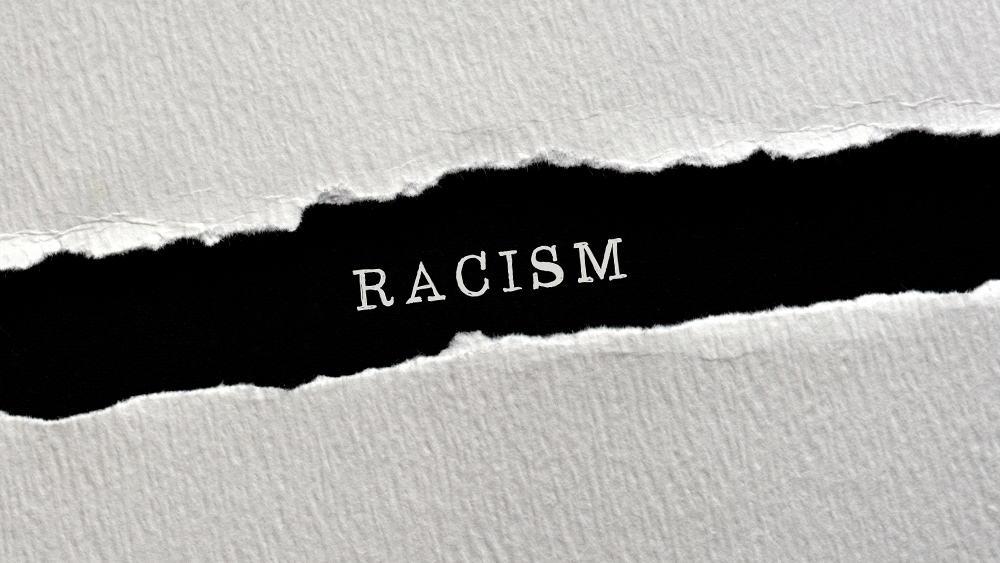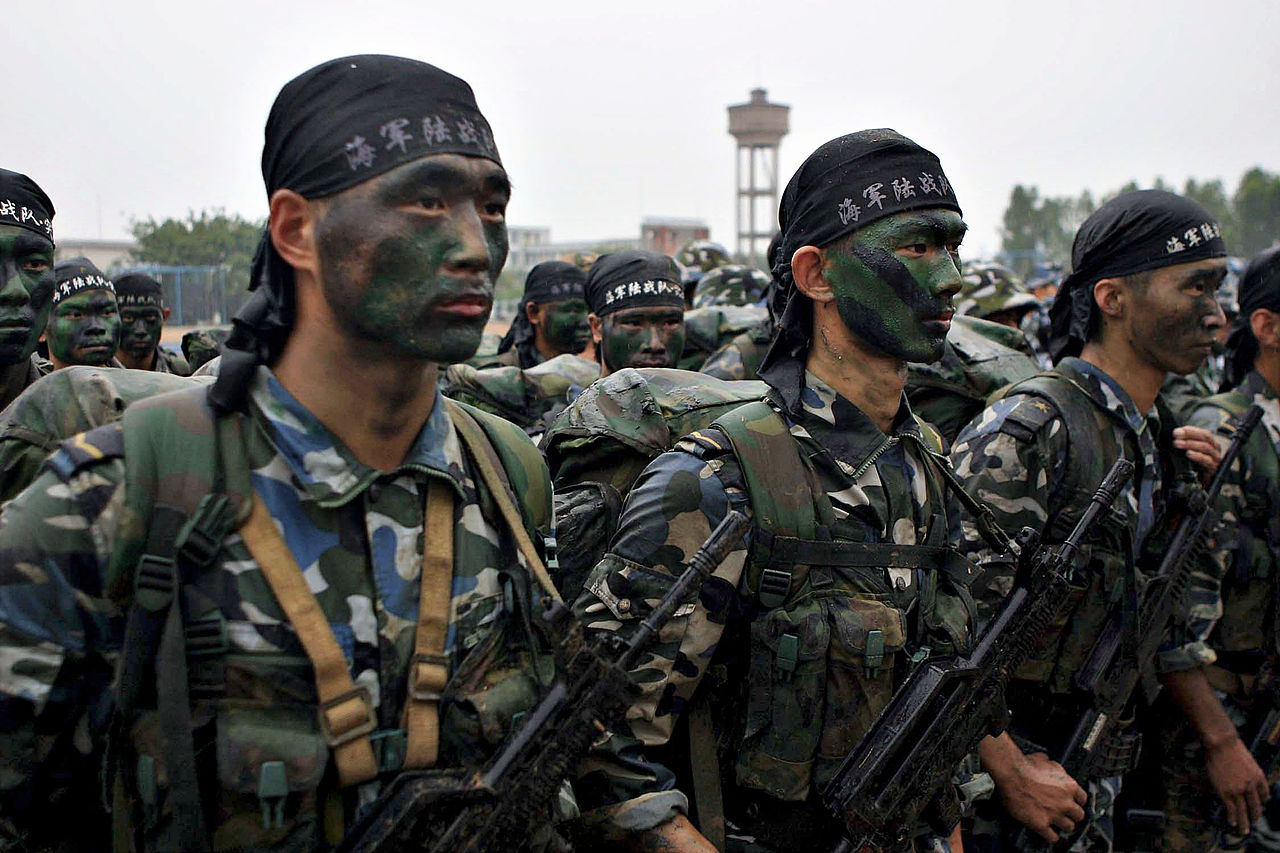
Under President Donald Trump, the United States is actively working towards building a coalition of nations to take on the Chinese Communist Party (CCP), which many now believe is directly responsible for unleashing the Wuhan coronavirus (COVID-19) upon the world. And according to administration officials, the process is going smoothly as countries around the world increasingly recognize the imminent threat that is encroaching communism.
Secretary of State Mike Pompeo recently stated during a conversation at The Economic Club of New York with Marie-Josée Kravis, Chair Emeritus of the Club and a Senior fellow of the Hudson Institute, that the U.S. has made great strides in "demonstrat[ing] to the world the threat that the Chinese Communist Party poses to them." At the same time, individual nations need to do more to assess the threat and decide on their own the nature of the situation, and not just go along with it because "the United States told them" to do so.
Citing the United Kingdom as one example of this, Pompeo explained how British officials have banned the Chinese telecommunications company Huawei from supplying infrastructure for its up-and-coming 5G networks. This is the exact opposite of what Canada is doing, by the way, as our neighbor to the north doubles down on its ties to communist China.
After conducting "a thorough analysis based on a set of information," U.K. officials decided that it was in the best interests of British people to avoid partnering with Huawei, especially since the "Five Eyes" coalition determined that using the Chinese company's chipsets represents a threat to privacy, not to mention national secrets.
European Union finally comes around, says Chinese trade deals are unfair
Almost unbelievably, even the European Union (E.U.) is coming around to the realization that its existing trade agreements with communist China are anything but fair. The E.U. is reportedly now in talks with the U.S. on how to mount a proper response and put the communist Chinese regime in its place – hopefully once and for all.
India is likewise taking a stand by ordering its telecommunications companies to block some 50 different Chinese smartphone apps that are believed to contain security threats. Since the Chinese companies are notorious for building backdoor entry points into both their hardware and software systems, prohibiting the use of such hardware and software entirely is an easy way to create a firewall against potential cyberattacks.
Pompeo is also urging private companies to take a closer look at their operations, especially if they have come to rely on products or human resources from China, as well as Hong Kong. Supply chains from both of these places have been "poisoned by the human rights violations," Pompeo warns, which means it is probably a good idea to restructure and part ways.
Other countries that are reportedly joining the U.S. in its fight against communist Chinese encroachment include Japan, Australia, South Korea, Israel and Brazil. Even though each of these countries operates uniquely different from one another, with different cultures and traditions, all of them share the same goal of protecting their national sovereignty and fostering prosperity.
It is abundantly clear at this point that the "diplomatic engagement and dialogue-at-all-costs diplomacy" towards China that was first implemented by Secretary of State Henry Kissinger back in the 1970s has been a total failure. The U.S. in particular has been gutted of its manufacturing base and put on a path towards becoming a third world country, which will hopefully reverse course with this new approach.
"American middle-class workers [lost] their jobs because ... good work done by American businesses to create real value [was] destroyed by Chinese thievery," Pompeo further stated.
For more related news on the American fight against encroaching communism, be sure to check out Tyranny.news.
Sources for this article include:
Please contact us for more information.





















